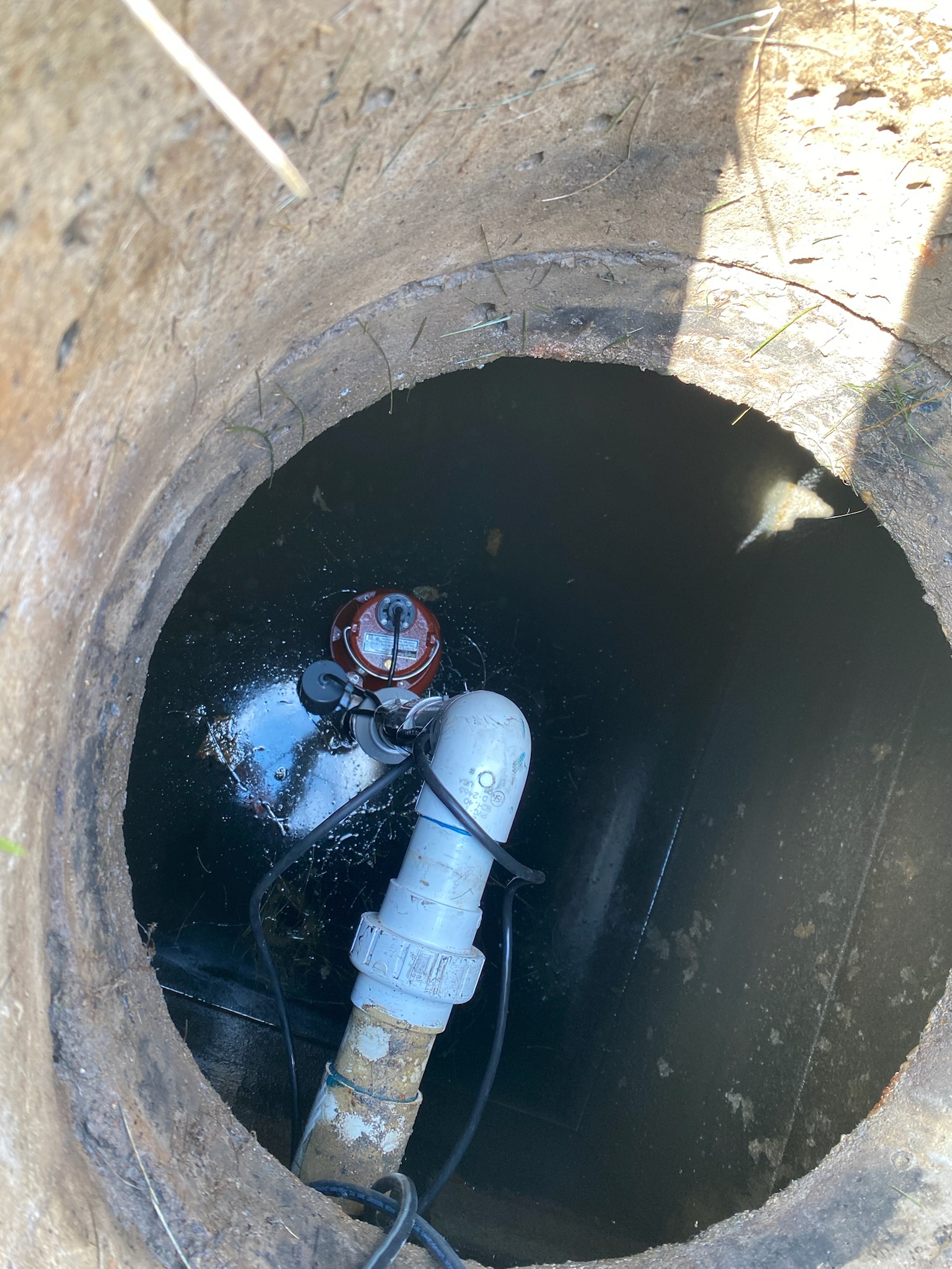Septic pump installations are a crucial aspect of maintaining a functional and efficient septic system. Whether you’re upgrading an existing system or installing a new one, understanding the process and importance of septic pump installations is essential. In this comprehensive guide, we’ll explore everything you need to know about septic pump installations, from the basics to the benefits, and how professionals like Owens Septic Service can ensure a seamless installation process.
Understanding Septic Pump Installations

Septic pump installations involve the installation of a pump within the septic tank or a separate pump chamber to facilitate the movement of effluent from the tank to the drain field or other disposal area. These pumps are typically used in situations where gravity alone cannot effectively transport wastewater, such as in properties with sloped terrain or high water tables.
The Importance of Septic Pump Installations
Septic pump installations are essential for several reasons:
- Efficient Wastewater Transport: In properties where gravity-based systems are not feasible, septic pumps ensure that wastewater is effectively transported from the septic tank to the drain field or other disposal area, preventing backups and system failures.
- Maximizing Drain Field Performance: By evenly distributing effluent throughout the drain field, septic pumps help maximize the absorption and filtration of wastewater into the soil, prolonging the drain field’s lifespan and reducing the risk of contamination.
- Accommodating Challenging Terrain: Properties with sloped terrain or high water tables may require septic pump installations to overcome gravitational challenges and ensure proper wastewater management.
The Septic Pump Installation Process
The septic pump installation process typically involves the following steps:
- Assessment: A professional technician assesses the property’s septic system and terrain to determine the need for a pump and the most suitable location for installation.
- Pump Selection: Based on the assessment, the technician selects an appropriate pump size and type to meet the property’s wastewater management needs.
- Installation: The pump is installed within the septic tank or a separate pump chamber, along with necessary piping and electrical connections.
- Testing: The installed pump is tested to ensure proper functionality and performance, including flow rate, pressure, and alarm systems.
- Final Inspection: A final inspection is conducted to verify that the installation meets all regulatory requirements and industry standards.
Benefits of Professional Septic Pump Installations
Partnering with professionals like Owens Septic Service for septic pump installations offers several benefits:
- Expertise: Our experienced technicians have the knowledge and skills to assess your property’s needs and install the right pump for optimal performance.
- Reliability: With professional installation, you can trust that your septic pump will operate efficiently and reliably, minimizing the risk of backups and system failures.
- Compliance: We ensure that all installations comply with local regulations and industry standards, giving you peace of mind knowing that your septic system is in compliance.
Conclusion: Invest in Your Septic System with Professional Pump Installations
In conclusion, septic pump installations are a vital component of maintaining a functional and efficient septic system. By investing in professional installations from Owens Septic Service, you can ensure that your property’s wastewater management needs are met with reliability, efficiency, and compliance. Don’t wait until problems arise – schedule your septic pump installation today and take the first step toward a healthier, more efficient septic system.

